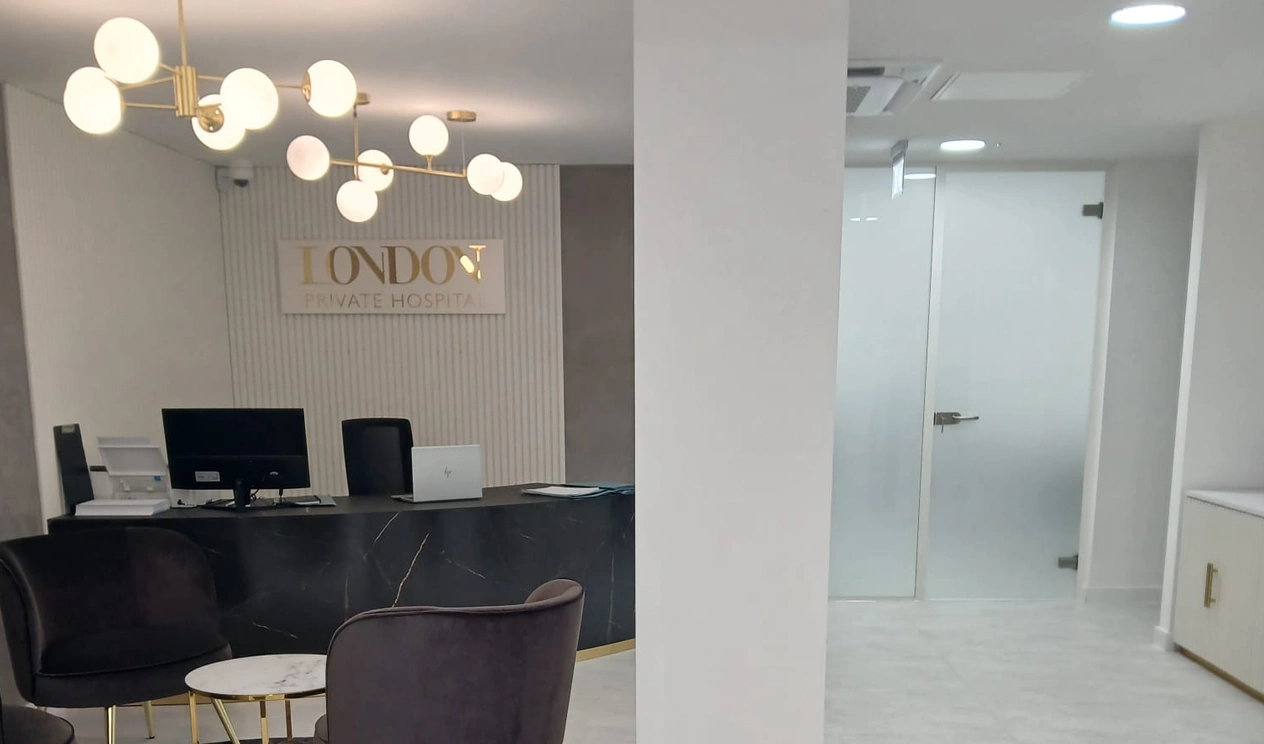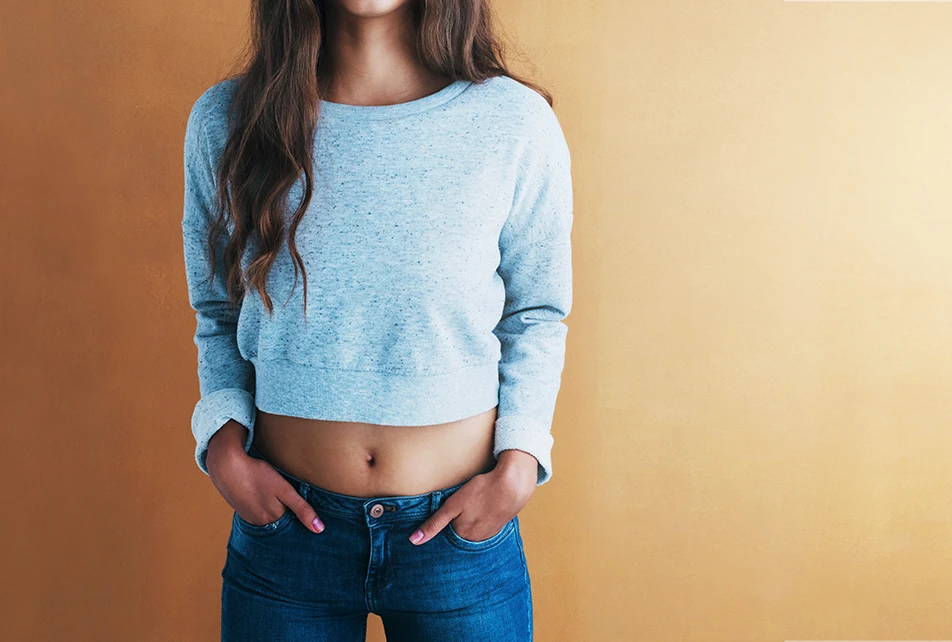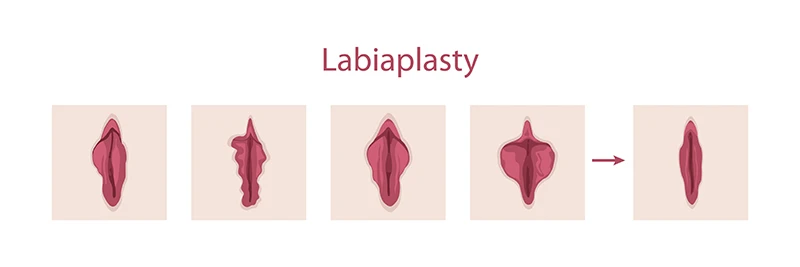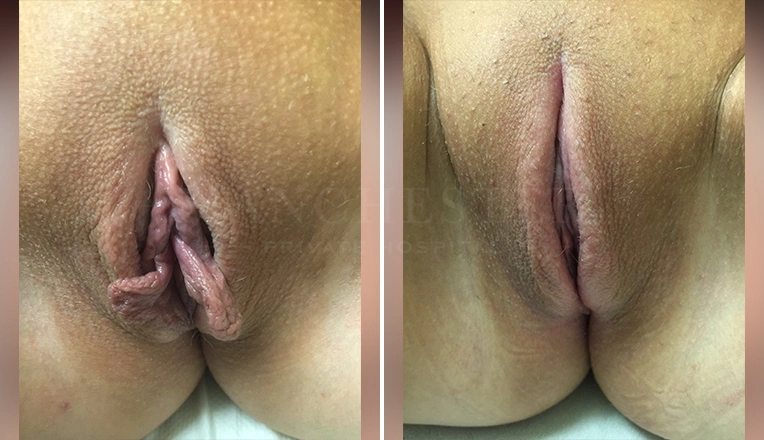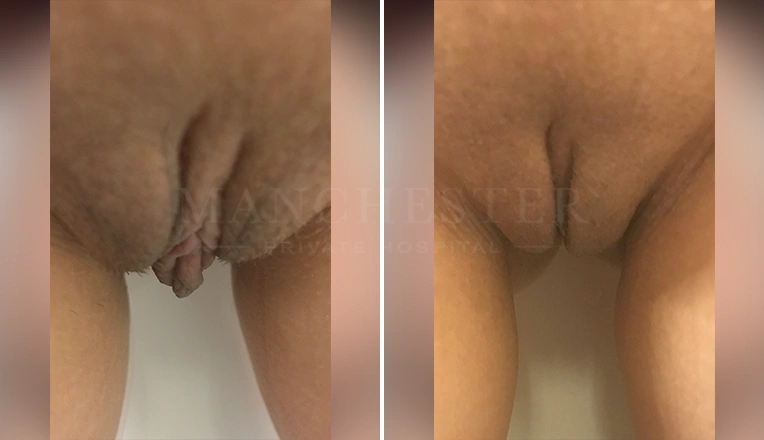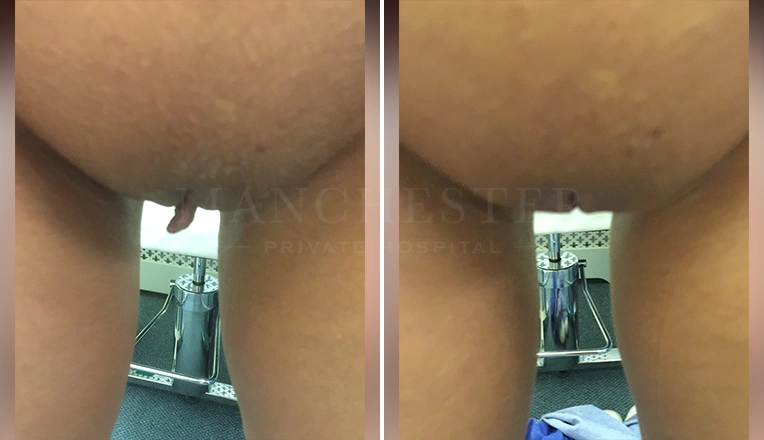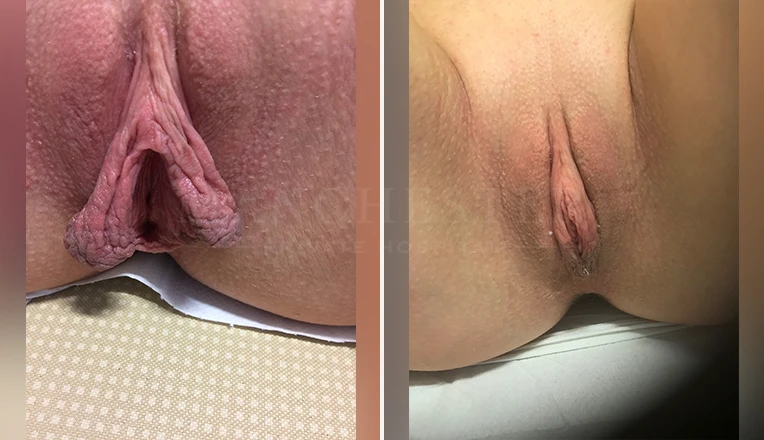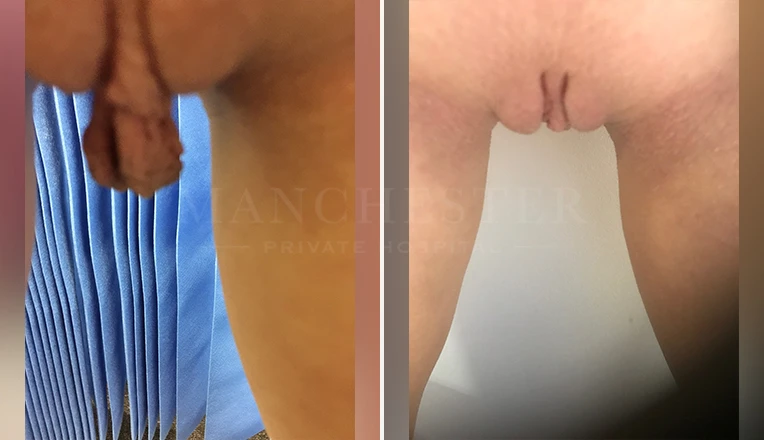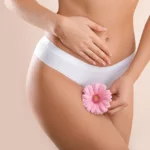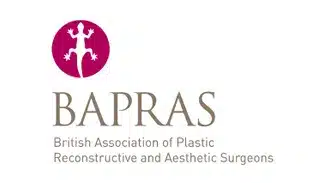This Article Covers:
- What is an Innie Vagina?
- The Factors Affecting Labial Appearance
- Aesthetic and Functional Concerns with Outie Vaginas
- Treatment Options for Outie Vaginas
- Surgical Treatment Option: Labiaplasty
- What Does Labiaplasty Involve?
- Who is a Candidate for Labiaplasty?
- Useful Labiaplasty Facts
- Non-Surgical Treatment option: Labia Fat Transfer or Filler Injection
- Faq
Labiaplasty, or cosmetic surgery of the genitals, is a topic that raises eyebrows, quite literally. The shape of female genitalia shows significant variance from person to person without there being two comparable people. It is of utmost importance to understand that vaginas differ widely in their appearance. Most common distinction discussed amongst women is whether one possesses an innie or outie vagina. While these terms medically do not carry any weight, they surely relate to the aesthetic look of the labia and can have an impact on the self-perception of women.
As with any body part, there is no exact data as to whether an “innie” or an “outie” vagina is more common, as labial anatomy is extremely heterogeneous. However, a large number of people claim to have some degree of labial protrusion. Despite social norms sometimes expecting certain forms or cultures to conform to a particular standard of beauty, both forms are completely normal and acceptable.
Educating individuals about the various appearances of vaginas can help eliminate false beliefs and alleviate unnecessary concerns regarding normalcy. As awareness of this diversity increases, it is anticipated to foster greater confidence and a more positive body image among women. It is important for women to acknowledge and appreciate the natural variety in body shapes and sizes, including the specific features of their bodies.
What is an Innie Vagina?
An innie vagina is where the labia minora (inner lips) are tucked away or do not extend beyond the labia majora (outer lips). This causes the labia minora not to be visible from the outside. Innie vaginas tend to be more popular due to its tucked in appearance which some people think is ideal.
What is an Outie Vagina?
An outie vagina is used to identify when the labia minora is longer than the labia majora. This anatomical variation can give the inner lips a more pronounced effect. In some cases, there can be asymmetries causing one of the labia minora to be longer than the other.
Both Innie and Outie vaginas are medically and anatomically accepted as normal. Although it is not as desired by some, the majority of women who possess outie vaginas do not tend to experience any symptoms or problems whilst some report that the excess labial tissue causes irritation and self-doubt which can affect their intimate life and confidence.
The Factors Affecting Labial Appearance
1. Family History
Just like most traits in the human body, family history has the most important effect on this body part. Labia structure, just like eye colour or nose shape, is passed down genetically.
2. Oestrogen-related events in adolescents
Bodily changes that take place during the early stages of adolescence are marked by an increase in oestrogen, leading to growth and developmental changes in the genital region.
It is possible that the labia minora would become more pronounced during puberty.
3. Aging and Variations in Hormones
Elasticity and contour of labia in some women can be affected by hormonal changes as they age, get pregnant, or go through menopause. In some situations, labia majora may lose volume, leading to labia minora becoming more visible and prominent.
4. Childbirth
Stretching of the labia during vaginal childbirth can lead to labia minora looking larger than they were previously.
5. Lifestyle Changes and Weight Changes
Significant changes in weight can affect the fat content of the labia majora and therefore the visibility of the inner labia as well as their concealment.
Aesthetic and Functional Concerns with Outie Vaginas
While it’s perfectly normal to have outie vaginas, some people may suffer from aesthetic dissatisfaction or functional issues because of the excess tissue.
1. Aesthetics Preferences
Conforming to societal expectations or personal feelings may cause some people to have confidence issues. This is commonly seen when these individuals avoid wearing tight-fitting clothes or swimsuits. Preferences here are guided by social norms, with an innie vagina regarded as more “attractive” particularly because it looks neater for some people.
2. Physical Discomfort
Women with pronounced or larger labia minora may have discomfort during:
- Running, cycling or other sports due to pinching or friction in the area
- Wearing tight clothing that might cause constant rubbing, leading to irritation
- Intercourse due to friction causes pain or discomfort.
3. Hygiene Challenges
For some, excess tissues may complicate hygiene, especially when it comes to moisture retention, which can lead to irritation or even increased risk of yeast or bacterial infections.
Treatment Options for Outie Vaginas
Although there is no “correct” appearance for a vulva, for women experiencing significant discomfort or emotional distress due to the look of their labia’s there are various treatment options available. These range from non-surgical options like fat transfer to the labia majora to conceal the labia minora to surgical options like labiaplasty, which can reduce the size of the labia minora, minimising the protrusion.
Surgical Treatment Option: Labiaplasty
Labiaplasty is a surgical procedure that is used to alter the size and shape of the labia minora. It is ideal for women who are suffering from discomfort, self-consciousness, or irritation because of their labial appearance.
What Does Labiaplasty Involve?
Labiaplasty usually entails the removal of excess tissue from the labia minora. This creates a more symmetrical and an innie appearance of the labia. This procedure is customized according to each patient’s needs, whether they want to have an innie vagina or simply need relief from discomfort.
Who is a Candidate for Labiaplasty?
Women considering labiaplasty often belong to one or more of the following groups:
- Those with enlarged or asymmetrical labia, which causes discomfort.
- A person who is body conscious and feels insecure about their labia.
- People who have developed labial changes due to aging, childbirth, or hormonal change,s which is causing them discomfort or confidence issues
- Those with sexual health concerns or recurring urinary tract infections
Useful Labiaplasty Facts
Cosmetic labiaplasty provides both functional and aesthetic benefits. These benefits include:
- Improved Comfort: Many patients report less irritation and chafing during physical activities.
- Enhanced Confidence: most patients report elevated self-esteem after surgery.
- Better Clothing Fit: Patients may feel more comfortable in tighter clothing or swimwear that would usually be uncomfortable.
Want to learn more? See how labiaplasty helps women feel more confident.
Non-Surgical Treatment option: Labia Fat Transfer or Filler Injection
Labia fat transfer and filler injections both aim to enhance or restore the volume of the labia majora (outer lips).
These procedures are mostly preferred by women whose labia majora appear deflated or asymmetrical due to aging, childbirth, or genetic factors.
The procedure is performed by transferring patients of fat to the labia majora or injecting dermal fillers. The results of both treatments are an increased fullness and rejuvenated appearance of the labia majora helping boost patients’ comfort and confidence.
Conclusion: An Anatomy Journey of Self-Acceptance Or Choices
Both an “innie vagina” and an “outie vagina” are normal forms of the female reproductive system. Some people might be emotionally and socially alright without having to focus on their outer appearance, while others may have emotional or aesthetic challenges that make them consider the option of labiaplasty and non-surgical treatment options
In the end, any procedure a person undergoes should be individual and free from the influence of external factors. You may consider labiaplasty if your discomfort is significantly impacting your quality of life, and a qualified surgeon can help you make that decision. Want to know more? Check out 9 important questions to ask before Labiaplasty.
Ready to take the next step or have more questions? Book a consultation and discuss your options with our specialists.
Faq
What does the recovery period of labiaplasty look like and how long does it take to heal?
Recovery following labiaplasty can take 4 to 6 weeks on average. Most of the swelling and discomfort is gone within the first two weeks, and patients can usually return to work at the 7-day mark. Full healing and final results may take up to 2 to 3 months, during which strenuous activities and sexual intercourse must be avoided. Following aftercare instructions, such as keeping the area clean and avoiding tight clothing, helps ensure a smooth recovery and reduce infection risks.
What is labia fat injection, and how does it enhance appearance and comfort?
Labia fat injection, also known as labial augmentation, involves the transfer of fat from one part of the body (eg. abdomen or thighs) to the labia majora. The goal of the procedure is to restore volume that was lost, creating a fuller, more youthful look. In some cases, it can also improve comfort by covering and protecting part of the labia minora from friction. The procedure has long-lasting results, providing sustained improvements in both appearance and comfort over time.
Labiaplasty Before and After Gallery
Read Our Patient Reviews
Explore our reviews made by real patients
Meet Our Expert Surgeons
Get to know our highly experienced surgeons
Consultation Locations
We offer Consultations from a number of locations around the UK
Prices and finance
We have partnered with Chrysalis Finance, allowing patients to apply for cosmetic surgery finance for all our procedures
Consultation Locations
Manchester Hospital
Manchester Private Hospital New Court, Regents Place, Windsor
Street Salford, Greater Manchester, M5 4HB.

